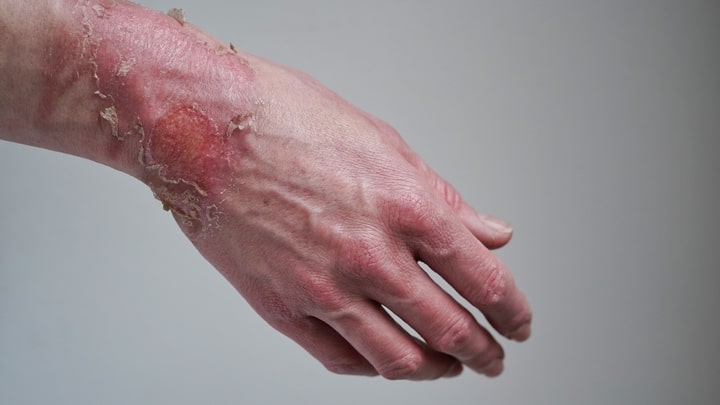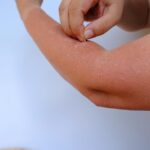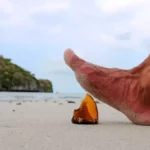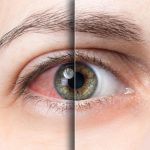
Myths and Facts About Hand Foot and Mouth
Protecting your baby from illness is one of your biggest
Get Quick Management At Family Urgent Care For Non-life Threatening Burns And Wounds
Whether you experienced an accidental burn while working in the kitchen or you’ve been out in the sun for too long, burns wait for no clock.
Whatever the source, deciding whether to wait for the burn to heal or seek medical help and get it treated urgently can feel puzzling. So, here’s an answer to your confusion! It is better to seek medical help if you have a burn that is too deep, on a sensitive area, or if it is larger than the palm of your hand.
At Family Urgent Care, our team of expert healthcare providers is here to help you treat and manage first and second-degree burns. All you need to do is directly walk into our clinic or book an appointment for quick relief from painful burns.
Once you visit an urgent care clinic for burn treatment, your doctor identifies the degree of burn, which means how deep or severe the burn has penetrated your skin. Third and fourth-degree burns require an emergency care facility for prompt treatment and care.
However, if you have experienced a first or second-degree burn, you can visit an urgent care clinic for proper care. Here’s how you can identify the type of burns:
1st Degree Burn:
This is also known as a superficial burn, as it only affects the outer layer of the skin and is the least painful burn. The affected area will be slightly painful, red, and dry with no blisters. For example, a mild sunburn or a burn resulting from touching a hot pan.
2nd Degree Burn:
In this type of burn, the outer skin (epidermis) and some parts of the underlying layer (dermis) are involved. This stage includes blistering of skin, which shows the urgency of the matter. The affected area might be red, swollen, painful, and blistered. Thus, we suggest the patient to quickly visit an urgent care clinic if they can relate to this degree of burning.
3rd Degree Burn:
Third-degree burns are defined as those in which the outer and underlying layers of skin are completely damaged. A person with a third-degree burn should be taken to the emergency room without any thought so they can get proper nursing on time to reduce further damage.
4th Degree Burn:
The most dangerous stage is when the muscles, tendons, or bones, as well as the skin, are damaged. In this stage, the patient feels no pain because the nerve fibers are burnt and destroyed. Call 911 and take the person to a hospital or emergency facility immediately without any delay.
|
1st Degree Burn |
2nd Degree Burn |
|
Pain Redness Swelling |
Pain Redness Swelling Blistering Drainage required (in some cases) Scarring occurs in deep second-degree burn |
The healing time depends on the degree of the burn, its size, and your overall health status. For instance, a first-degree burn with only redness and swelling heals within three to six days. On the other hand, second-degree burns usually take 1 to 3 weeks to recover, but it depends on the depth of the burn. A superficial second-degree burn will heal in fewer days than a deep second-degree burn.
Secondly, several diseases or conditions, such as diabetes, vascular disorders, and immunodeficiency disorders, can also affect a person’s healing time.
Therefore, it is best to consult a healthcare provider so that you can get urgent treatment and care to recover from burns swiftly.

Good news for residents of Indiana and Illinois! Our clinic is based in three locations: Rogers Park, Lincoln Park in Illinois, and Schererville in Indiana. Whether you need quick treatment and care for yourself or any family member, you can visit us right away!
We do not only facilitate patients with first or second-degree burns but also provide treatment and care for any other minor injuries like fractures, sprains, or strains.
Here’s how we’ll help you in managing burn:
Cleaning & Dressing: Cleaning the wound properly and applying a sterile dressing.
Counseling: The doctor counsels you on how you can clean and dress your or your child’s wound at home
Tetanus Vaccine: Giving you or your child a tetanus shot if necessary
Give Referrals: Refer to a specialist if necessary.
Follow-Up Care: If you have experienced any unusual symptoms at home or your burn site doesn’t heal properly, you can book a video appointment with our doctor from the comfort of your home.
Our clinic is open seven days a week, so you can even visit us on the weekends and seek medical treatment from our experienced healthcare providers. So, take charge of your health now and don’t let minor burns get in your way!

Protecting your baby from illness is one of your biggest

When summer is around the corner, you might be planning

If you tend to go barefoot outside or even around

Are you curious about the cost of telehealth services in

Taking Vitamin C is essential for maintaining health. It can

Ear infections are common in children but they also occur

Kids are Petri dishes with legs. They can get 8-10 colds

Some people would describe pink eye as “icky” — the

At Family Urgent Care, your health is not merely a service but a priority. At every location, our main aim is to deliver exceptional healthcare with a personalized approach. We prioritize treating each patient with empathy and care, considering their well-being as our sacred duty.